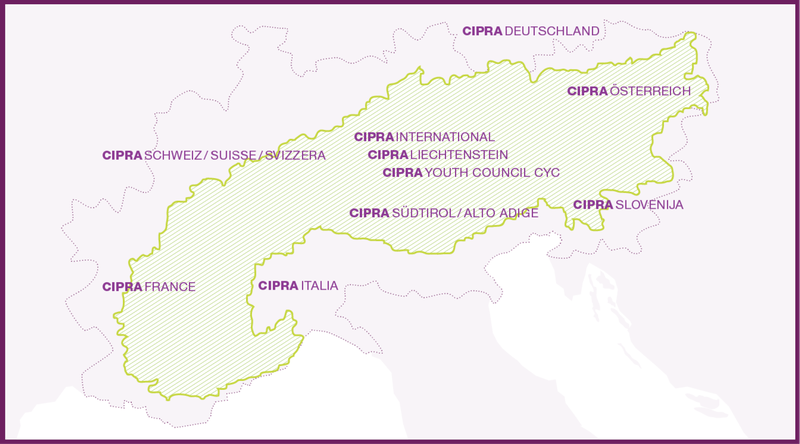Laura Haberfellner, CIPRA International Lab
Innovation to counter emigration
Emigration and the brain drain in the Alpine region: a new EU project involving CIPRA aims to counteract this trend. It is testing innovative governance models to strengthen mountain regions and create a win-win situation for regions of origin, destinations and young emigrants.
Who is CIPRA?
Find out more!
More articles
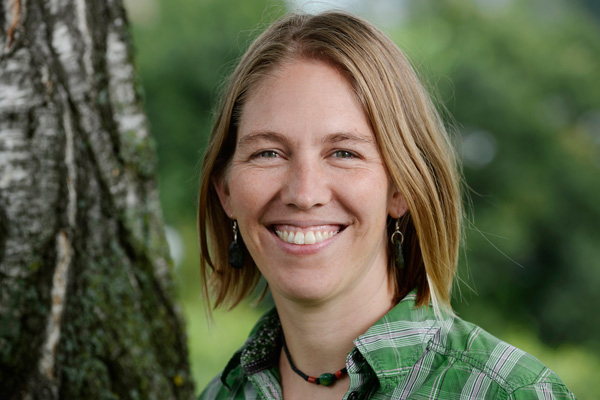
Macro-region Alps: get involved!
The European strategy for the Alps could compensate for the shortcomings of the Alpine Convention, says Claire Simon, Executive Director of CIPRA International. Now, during the consultation phase, is an opportunity to participate and demand sustainability.
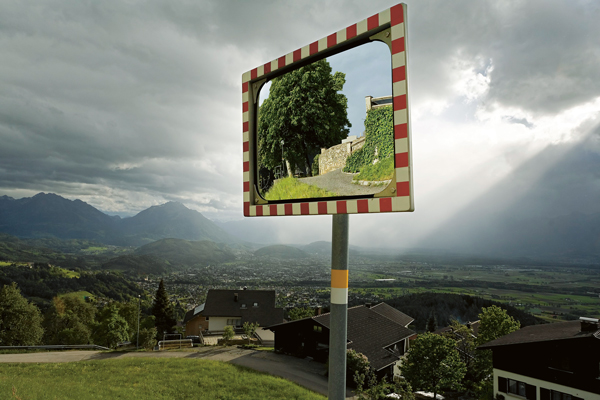
Alpine policy put to the test
With the development of a macro-regional strategy Europe’s attention is increasingly turned to the Alps – at least for the present. The CIPRA publication SzeneAlpen focuses on the events.
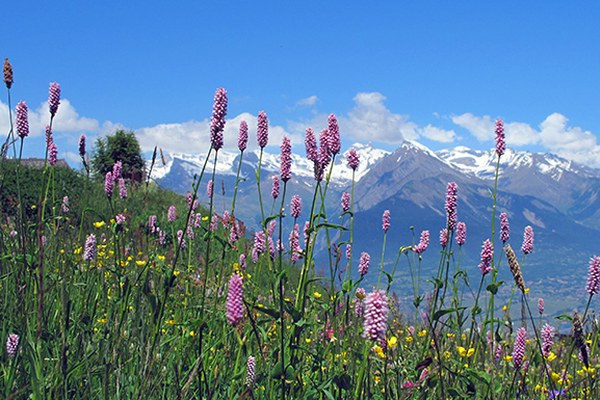
How policies can enable biodiversity
From 13 – 15 October 2014, the conference “How Policy can enable Biodiversity” will highlight opportunities for supporting biodiversity at the international and the local level. The conference, which will be held in Chambéry/F, will also present the findings of the greenAlps project.
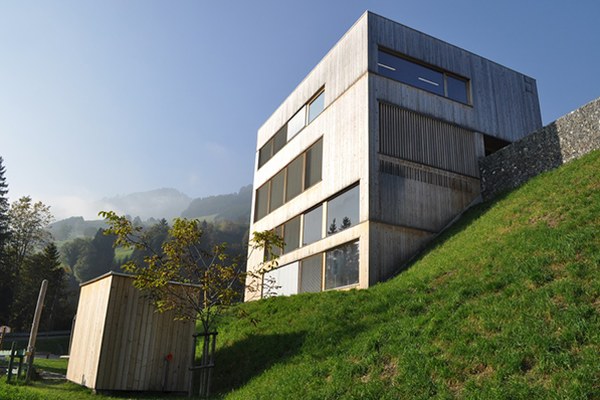
Sustainable building and renovation in practice
Energy-efficient building methods and renovation are by no means utopian. How will such projects look? What needs to be done? A workshop in Idrija, Slovenia in October 2014 will provide the answers.
Events
There is nothing to see here at the moment. Why not take a look at the other countries?
Projects
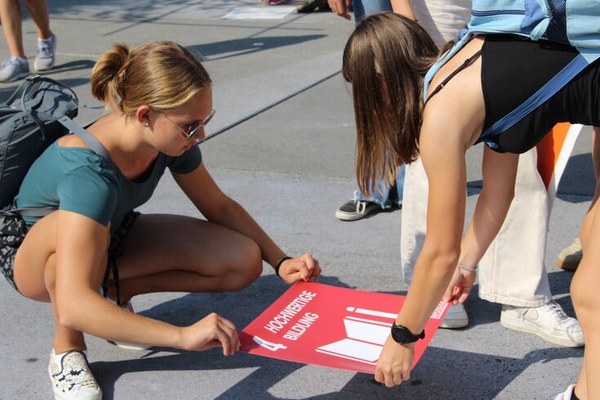
CIPRA International
Ars vivendi
[Project completed] How can the Sustainable Development Goals (SDGs) be learned and taught? In the project «ars vivendi» a didactic tool for the Global Agenda 2030 is being developed.
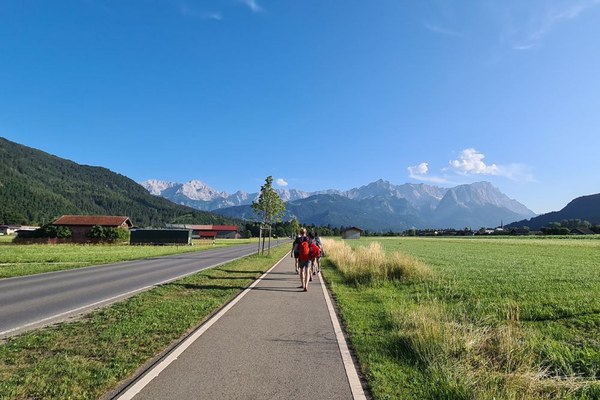
CIPRA Deutschland | CIPRA France
DINAMO
[Project competed] In many rural areas of the Alps, public transport services are inadequate for daily needs and tourism development. In some remote mountain regions, this is one of the reasons why there is a considerable amount of car traffic, especially on weekends, public holidays and during rush hours. There are various reasons for this, including the high cost of public transport solutions due to low population density, inadequate public transport options (such as timetables, accessibility, connectivity, travel time and costs) and political and social preferences in favour of private motorised transport.

CIPRA International Lab
LISTEN
The LISTEN project is analysing the use of space in suburbs on the basis of three pilot regions in Belgium, Sweden and Austria. CIPRA Lab GmbH is working together with partners from research and regional stakeholders.

